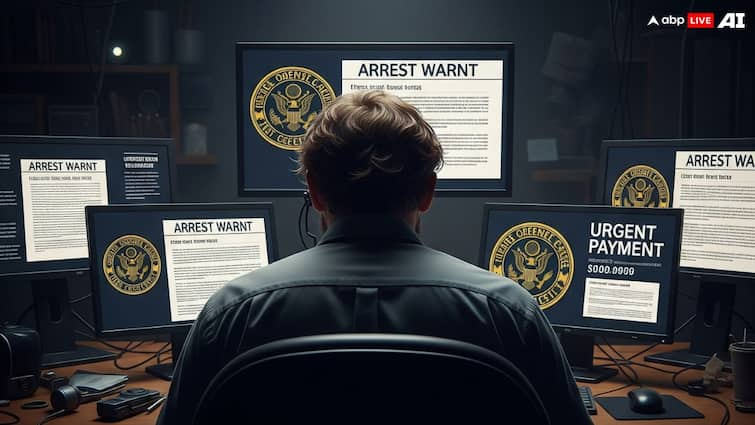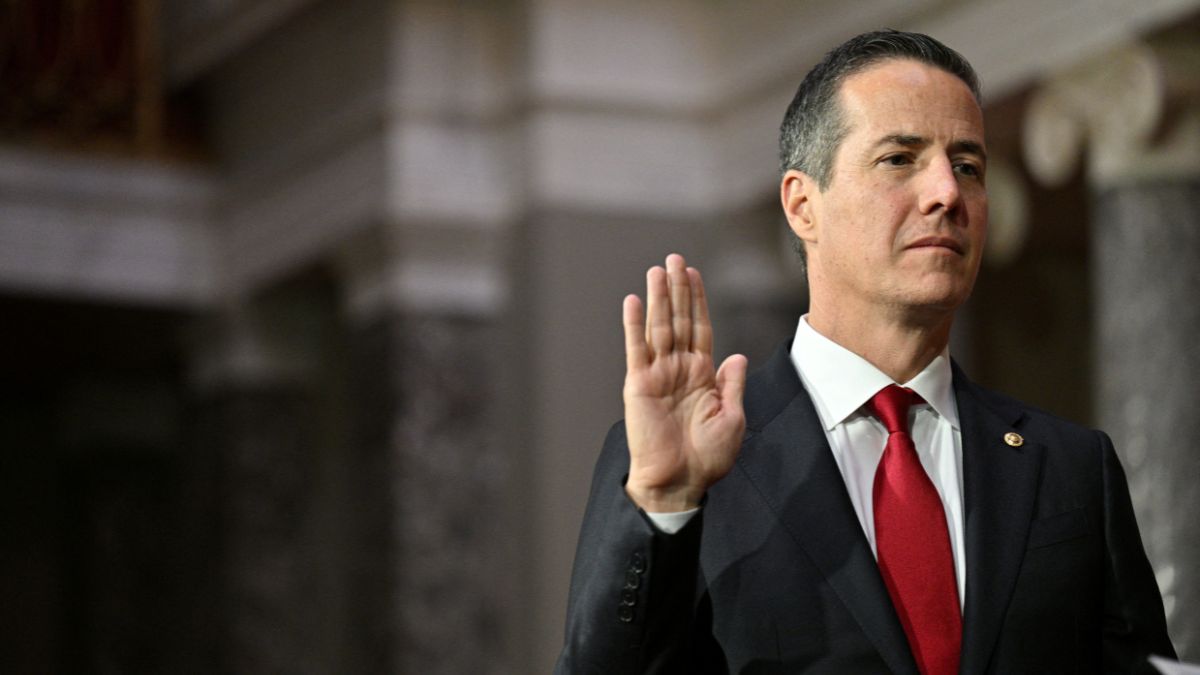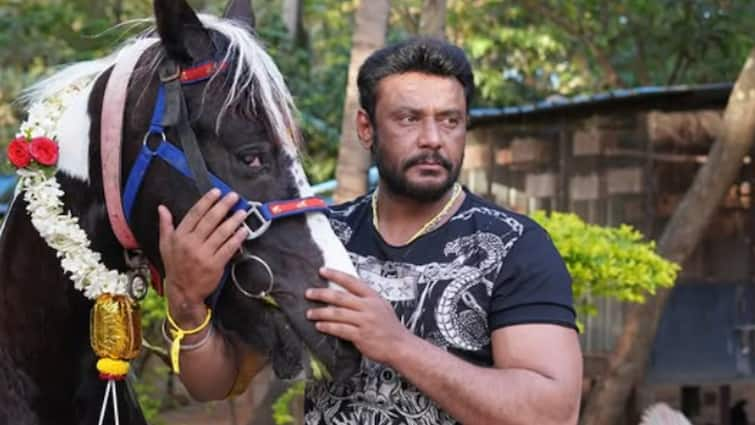A former MLA from Aurad in Karnataka’s Bidar district has lost Rs 31 lakh in a new kind of online fraud called a “digital arrest.” In this scam, cheats pretend to be officers from central agencies and scare people with fake online investigations. As reported by The Times of India, the ex-MLA was tricked between August 12 and 19 after he was made to believe that the CBI and Enforcement Directorate (ED) were investigating him.
How The Scam Started
On August 12, around 6 pm, the ex-MLA got a call from an unknown number. The caller said he was from the CBI and accused him of being part of a money laundering case linked to Jet Airways founder Naresh Goyal.
At first, the victim thought it was fake. But slowly, the caller convinced him it was real. The call was then passed to another man who said he was Neeraj Kumar, a deputy commissioner of police. He told the ex-MLA that he would be kept under a “digital arrest” and checked online instead of being taken into custody.
Fake Courtroom Over Video Calls
For several days, the victim was kept under watch on WhatsApp video calls. The scammers even created a fake online court with someone acting as a judge, showing ID cards, fake arrest warrants, and a background that looked like a police station.
During this, he was told to pay money as part of the “inquiry.” First, he sent Rs 10.99 lakh. Later, he sent another Rs 20 lakh, thinking both amounts were refundable deposits.
After the second payment, the ex-MLA finally told his family about it. They realised it was a scam and advised him to go to the police.
He filed a complaint on September 6. Police have now registered a case under the Indian Penal Code and the IT Act for cheating and impersonation. Officers are trying to track the fake callers and the bank accounts used in the fraud.
How You Can Stay Safe From Digital Arrest Scams
- Know the law: No agency like CBI or ED will ever put you under “digital arrest” or conduct hearings over WhatsApp or video calls.
- Never share money: Government agencies do not ask people to transfer deposits or payments for investigations.
- Verify directly: If you get such a call, hang up and call the official helpline or local police station to check if it is real.
- Look for red flags: Scammers use fear, fake documents, and pressure tactics to make you act quickly. Always take time to verify.
- Talk to family or friends: Sharing early can stop you from making costly mistakes, just like in this case.
Staying alert and updated is the biggest enemy of these scammers.


)
